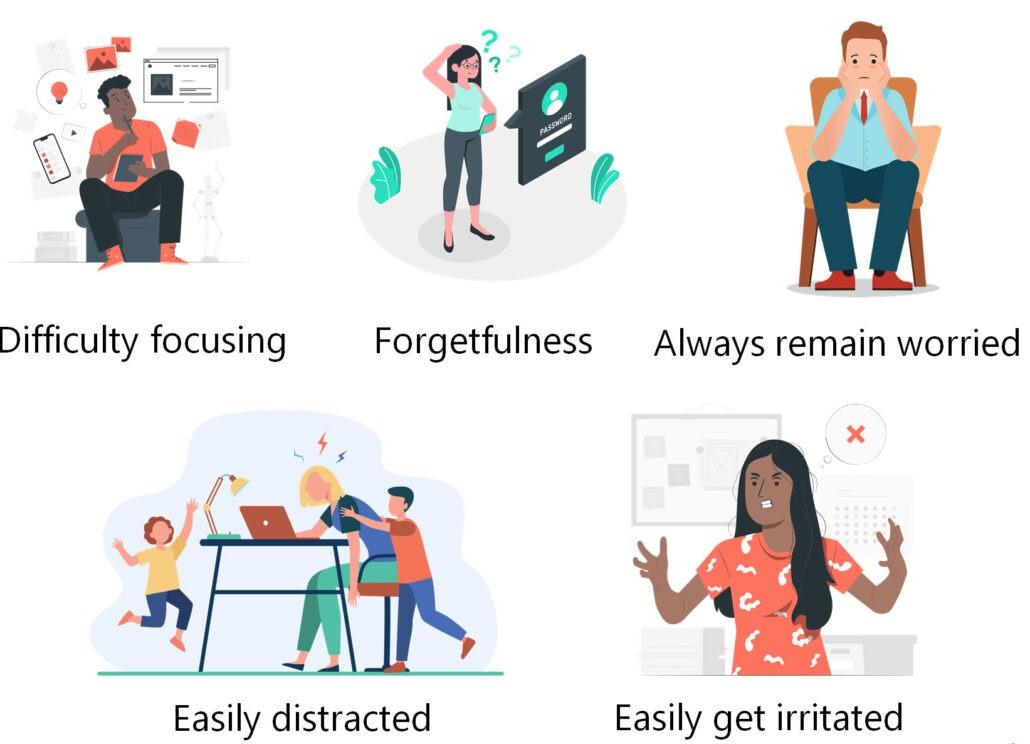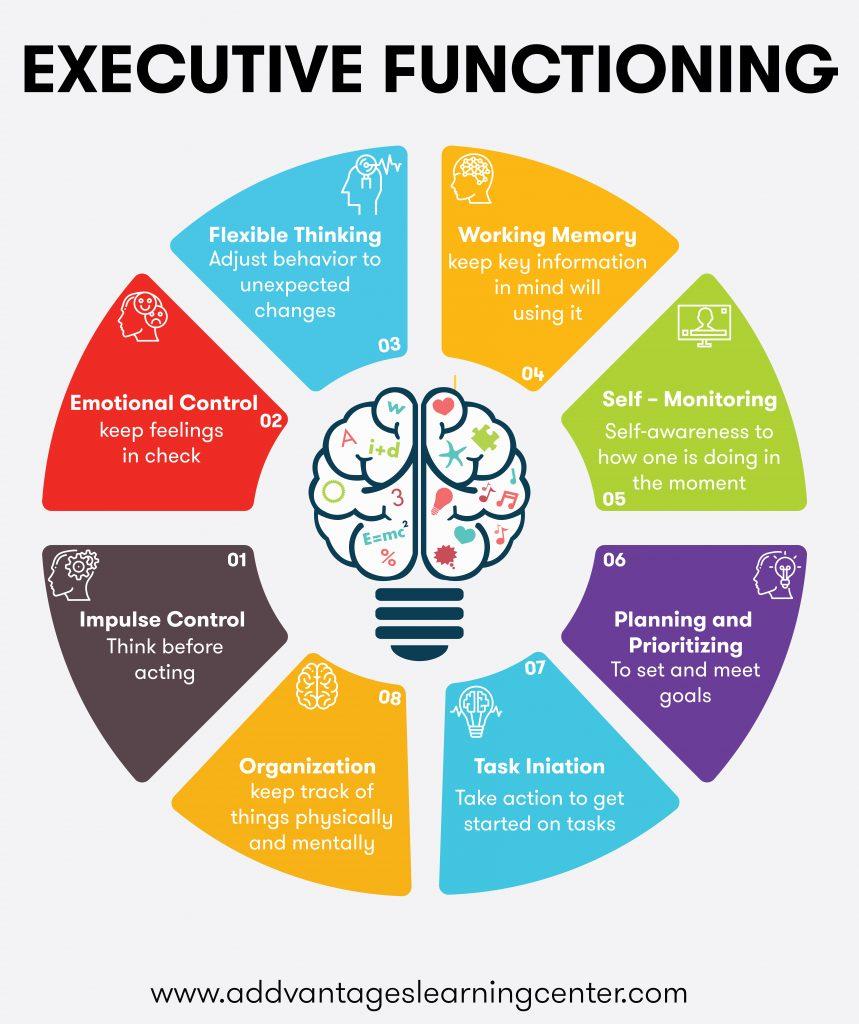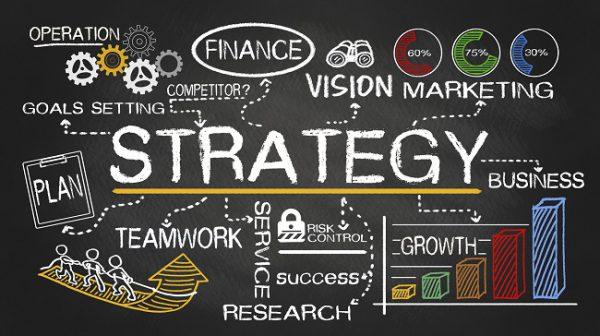As parents, we want nothing but the best for our children – to see them thrive and succeed in every aspect of their lives. However, when faced with challenges such as Attention Deficit Hyperactivity Disorder (ADHD) and its impact on executive functioning, it can leave us feeling confused and overwhelmed. In this guide, we aim to provide you with a better understanding of ADHD and how it affects your child’s ability to think, plan, and organize – offering practical tips and support to help you navigate this journey with confidence and compassion. So, grab a cup of tea, cozy up with your little one, and let’s dive into the world of ADHD together.
What Is ADHD and How Does It Affect Children?
ADHD, or Attention Deficit Hyperactivity Disorder, is a neurodevelopmental disorder that affects children’s ability to focus, control their impulses, and regulate their behavior. Children with ADHD may also struggle with executive functioning skills such as organization, time management, and problem-solving. This can impact their academic performance, social relationships, and overall well-being. It’s important for parents to understand the challenges their child may face and seek appropriate support and resources to help them thrive. From creating a structured routine to developing strategies for managing impulsivity, there are many ways parents can support their child with ADHD in navigating daily tasks and activities.
Recognizing the Signs and Symptoms of Executive Functioning Issues
in children can be a challenging task for parents. The inability to focus, stay organized, and manage time effectively are some common indicators that your child may be struggling with ADHD. Other red flags include forgetfulness, impulsive behavior, and difficulty following instructions. It’s important for parents to pay attention to these signs and seek professional help if necessary. Remember, early intervention is key in helping your child succeed.
Strategies to Support Your Child’s Executive Functioning Skills
Helping your child develop strong executive functioning skills is essential for their overall success and well-being. Children with ADHD often struggle with these skills, making it even more important for parents to provide the necessary support. Here are some strategies to assist your child:
- Establish routines: Consistency is key for children with ADHD, so creating daily routines can help them stay organized and focused.
- Break tasks into small steps: Breaking down tasks into manageable chunks can make them less overwhelming for your child and improve their ability to focus.
- Provide visual aids: Visual schedules, charts, and reminders can help your child understand and remember their responsibilities and tasks.
- Encourage self-regulation: Teach your child strategies for managing their emotions and impulses, such as deep breathing or taking a break when feeling overwhelmed.

Seeking Professional Help: Finding the Right Resources for Your Child
As a parent, it can be overwhelming to navigate the world of ADHD and its impact on your child’s executive functioning skills. Understanding the unique challenges that children with ADHD face is crucial in finding the right resources to help them thrive. When seeking professional help, it’s important to consider the following factors:
- Educate Yourself: Take the time to learn about ADHD and how it affects executive functioning in children.
- Consult with a Specialist: Seek guidance from a child psychologist or psychiatrist who specializes in ADHD to assess your child’s needs.
- Explore Treatment Options: Consider therapy, medication, and behavioral interventions to help your child manage their symptoms effectively.
- Build a Support Network: Connect with other parents, support groups, and school professionals to create a supportive environment for your child.
To Conclude
In conclusion, understanding ADHD and its impact on executive functioning in children is crucial for parents who are concerned about their child’s well-being. By learning more about this neurological condition and how it can affect various aspects of their child’s life, parents can better support and advocate for their child. With patience, understanding, and a supportive environment, children with ADHD can thrive and reach their full potential. Remember, you are not alone in this journey, and there are resources and professionals available to help you every step of the way. Stay informed, stay positive, and most importantly, stay connected with your child. Together, you can navigate through the challenges of ADHD and create a bright future filled with love, understanding, and endless possibilities.


